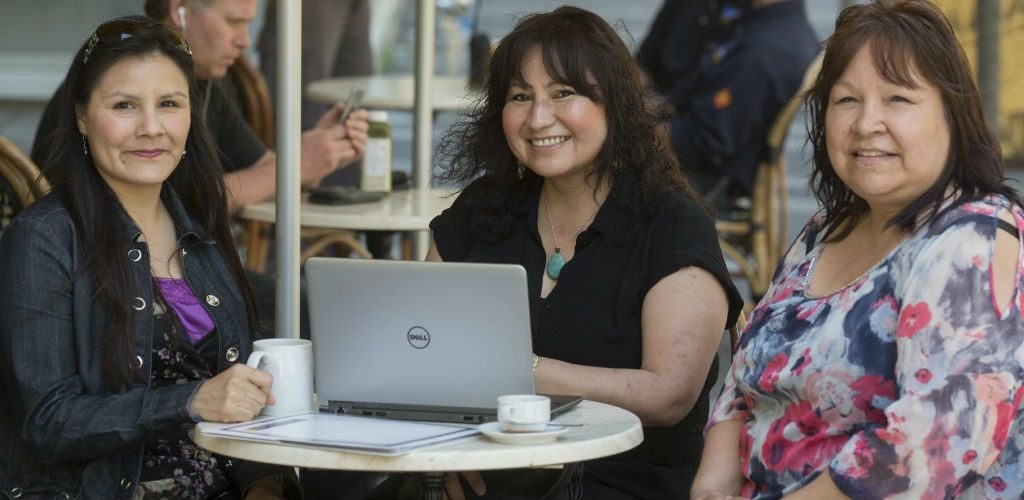Bridging Education and Skills Gaps through Indigenous-Controlled Post-Secondary Education
Indigenous institutes grant students post-secondary credentials, i.e., diplomas, degrees, and apprenticeships, and are controlled by and accountable to Indigenous (First Nation, Métis, and Inuit) communities.
These institutes offer community members programs that emphasize Indigenous ways of knowing and learning. They provide cultural and language programs, as well as innovative supports and programs in adult education, professions like social work, STEM, business, and much more.

Indigenous-controlled post-secondary institutions have the potential to bridge the education and skills gaps that persist in Indigenous communities. In collaboration with Indigenous institutes and their partners, this research will seek to understand the impacts that these institutions make, how they can best be supported, and how their impacts can scale. Lessons learned from the research will inform more effective policies that will support Indigenous communities as they work to address their education and skills gaps and build local capacity.




